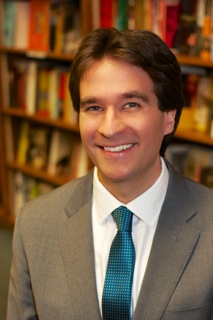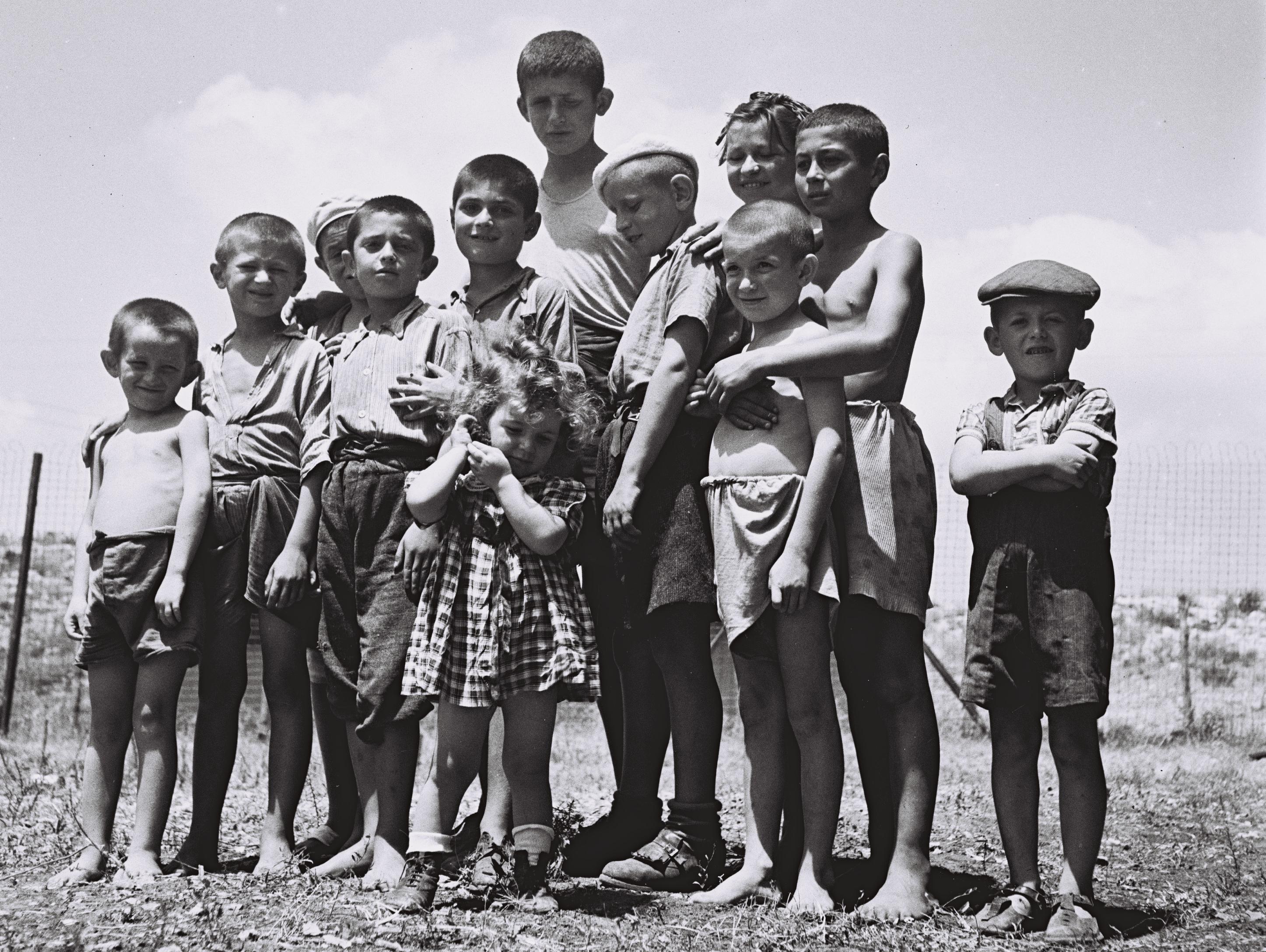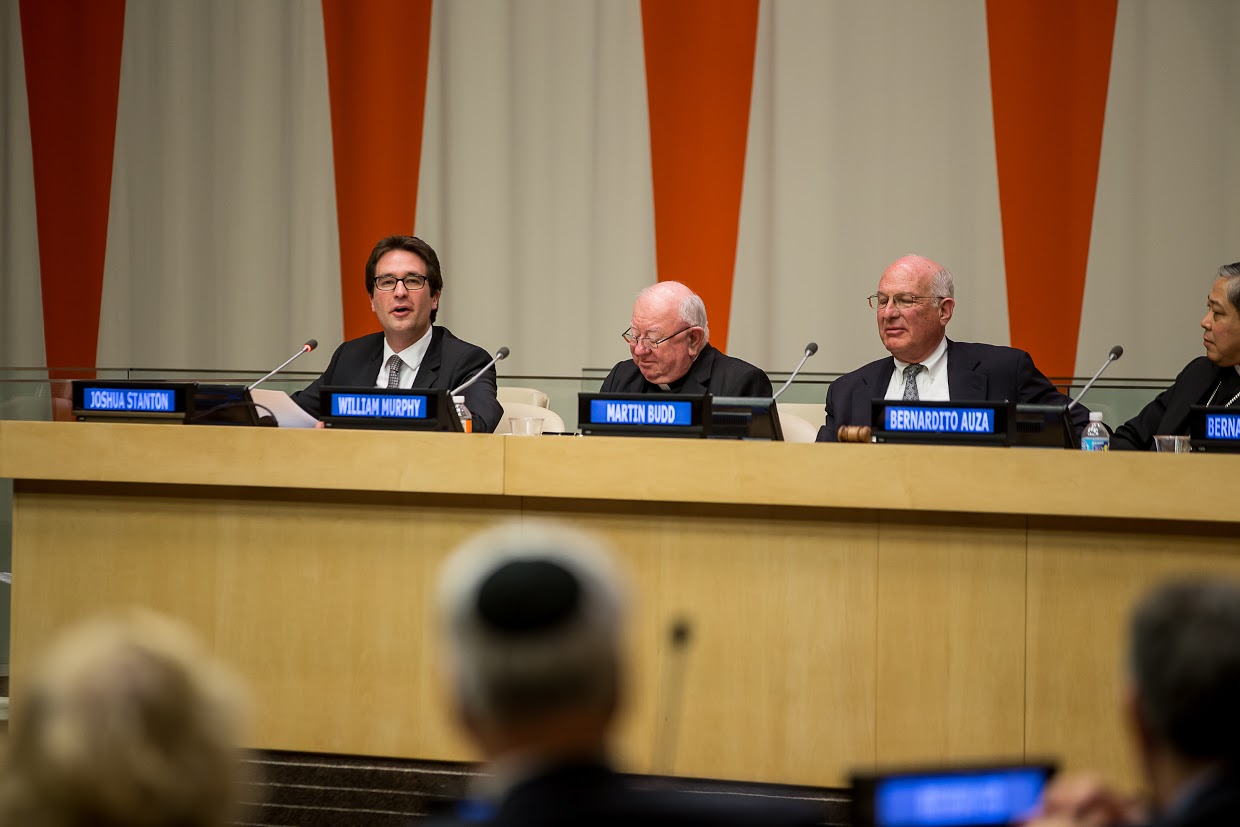The Amazing Way Two Huge Religions Made Peace

By:
Too often, interfaith dialogue devolves into platitudes that sound nice but mean little.
"We're really all the same"; "If we all just stop fighting, we'll have peace."
Too often, it devolves into the hostility that necessitated the dialogue to begin with. "We have nothing in common." "There's no point in collaborating."
If You're Religious, Your Faith Obligates You to Help Refugees
But one moment in history reversed the status quo.
Half a century ago, Catholic and Jewish leaders transformed the relationship between their communities. With a concerted effort and the sobering realities of the recent Holocaust adding to the sense of urgency, countless leaders worked behind the scenes to redefine how these two faiths, connected through sacred text and shared history, would relate to each other.
 Wikimedia Commons/Kluger Zoltan - wikimedia.org
Wikimedia Commons/Kluger Zoltan - wikimedia.org
They looked back at centuries of pain and hurt - including centuries of Crusades and the Spanish Inquisition (in which Jews were expelled from a country united under the banner of Catholicism), pogroms stirred up by local members of the clergy, and even anti-Semitism of the sort my grandparents experienced in the U.S., when they were bullied as kids by neighbors who accused them of killing Christ. They looked ahead and recognized that, particularly in the wake of World War II and the extermination of the Jews in the Holocaust, the two communities could not afford further enmity. It would spell an existential calamity for Jews and a moral one for Catholics.
So with years of work behind the scenes and the effort of countless leaders from both the Catholic and Jewish communities, the Vatican promulgated a brief document called Nostra Aetate. It was issued 50 years ago this year. This document is reflective of both Jewish-Catholic dialogue and profound internal shifts and conversations taking place within the Catholic Church itself. It literally means "in our time," but holds an important meaning two generations later. Here is a taste of some of the transformational words in this document:
God holds the Jews most dear for the sake of their Fathers; He does not repent of the gifts He makes or of the calls He issues-such is the witness of the Apostle. In company with the Prophets and the same Apostle, the Church awaits that day, known to God alone, on which all peoples will address the Lord in a single voice and "serve him shoulder to shoulder"...
This historical statement and collaboration, among others in Nostra Aetate, turned the tide on nearly two millennia of rivalry and even outright enmity between the traditions. Catholic and Jewish communities now frequently work side by side for the common social good and have continued their newfound tradition of dialogue. Their positive rapport has come to seem expected.
In celebration of the 50th anniversary of Nostra Aetate the Holy See and International Jewish Committee on Interreligious Consultations (on whose Board I serve) held a gathering at the United Nations on Dec. 16. During the course of its proceedings, two major themes emerged. The first was concern that the profound success of Nostra Aetate might lead to complacency and that its history could be forgotten by many Catholics and Jews. The second was the hope that it could serve as a source of inspiration in this time of conflict between many religious communities; that it could provide an example for others hoping to mitigate or end religious conflict. If Catholics and Jews can experience renewed fraternal love after centuries of conflict, peaceful and positive between other religions should be seen as possible.
Here are my remarks, as part of a panel of speakers who reflected on Nostra Aetate at the UN celebration. It focuses on what we, as Millennials, should garner from the work of our spiritual leaders from two generations ago.
 Dov Lenchevsky
Dov Lenchevsky
Esteemed dignitaries, leaders, colleagues, and friends:
As a 29 year-old rabbi, I grew up during an era in which the very idea of friction between Jews and Catholics was confined to my grandparents’ stories. I never heard anything but a kind word from Catholic neighbors who sent me cards on the occasion of my Bar Mitzvah and Catholic friends with whom I frequented the running trails in the bird sanctuary of my alma mater. I never thought to return their kindness with anything less than the regard that they had shown me. What was from a historical standpoint remarkable was the very ease of our friendships. The miraculous had become a reality of daily life. It is a reality that I, like so many others of my generation, have for too long taken for granted.
Today’s gathering is in many ways about rededicating ourselves to the bonds of fraternal love between Catholic and Jewish communities around the world. I propose that study, reflection, and commemoration of Nostra Aetate are necessary but insufficient. It must be, as our rabbinic sages suggested, study for the sake of just action. Our fractured and divided world needs the model of Nostra Aetate not merely as a beacon of light from the past, but also for the future as we navigate this dark and turbulent time.
I have the privilege of serving on the Board of the International Jewish Committee on Interreligious Consultations, a key partner to the Vatican in interfaith dialogue and collaboration. I will have the privilege of working with leaders from the Holy See and my own religious community to plan an international conference for young religious leaders in Jerusalem this June. At a leadership level, inspiration from Nostra Aetate remains alive and well..
But we can do more to ensure the same level of focus in our local communities. Are parish priests and local rabbis – not to mention Muslim imams and Buddhist nuns, Hindu Swamis and humanist chaplains – studying Nostra Aetate and the history surrounding it as a guide to good deeds and just actions?
I am here today along with a number of lay and clergy leaders from Tribe, a community dedicated to engaging and empowering young Jewish professionals living right here in New York City. They are some of the people who most inspire me as a rabbi. Yet it has been made evident to me in their reflections how few among us in the younger generations have actually heard of Nostra Aetate, much less have turned to it as source of inspiration for collaboration with other communities of faith. If, in the painful era following World War II, visionaries so changed our future through a sacred proclamation, then in our own era rife with pain, what can we do to reach across lines of faith to clothe the naked, feed the hungry, and cultivate our own sense of spiritual vitality? What can we do to ensure that spiritual provincialism and divisive dogma loses in the war of ideas currently taking place on the Internet?
The Vatican’s recent pronouncement about Jewish-Catholic relations surely stirred our spirits and opened our minds to the renewed possibility of fraternal love.
But the strength of pronouncements comes insofar as they are answered and then lived out in actions. The historical beacon of Nostra Aetate must radiate light forward for the generations, including the one of which I am a part and which is just now coming of age.
Nostra Aetate literaly means, “In our time.” Yes, it was written by visionary leaders two generations ago. But it is in our time that its meaning must come to be more fully understood and potential more fully realized. That vision was not merely of gatherings for leaders the in halls of international diplomacy, but of changed lives and beliefs clarified so as to leave space for the religious ‘other’ in our prayers and sacred practices. It was of young adults who studied the past and used it to guide the future. It was of sibling rivalries that we would not allow to end in enmity, but transformed into a source of love with which to heal the world.
May we have the strength not merely to know and commemorate, but also to live out the vision of Nostra Aetate that speaks so clearly and with such resonance in our time and to the rising leaders of a new generation.
Thank you.
Rabbi Joshua Stanton serves as an Assistant Rabbi at Temple B'nai Jeshurun in Short Hills, New Jersey.
